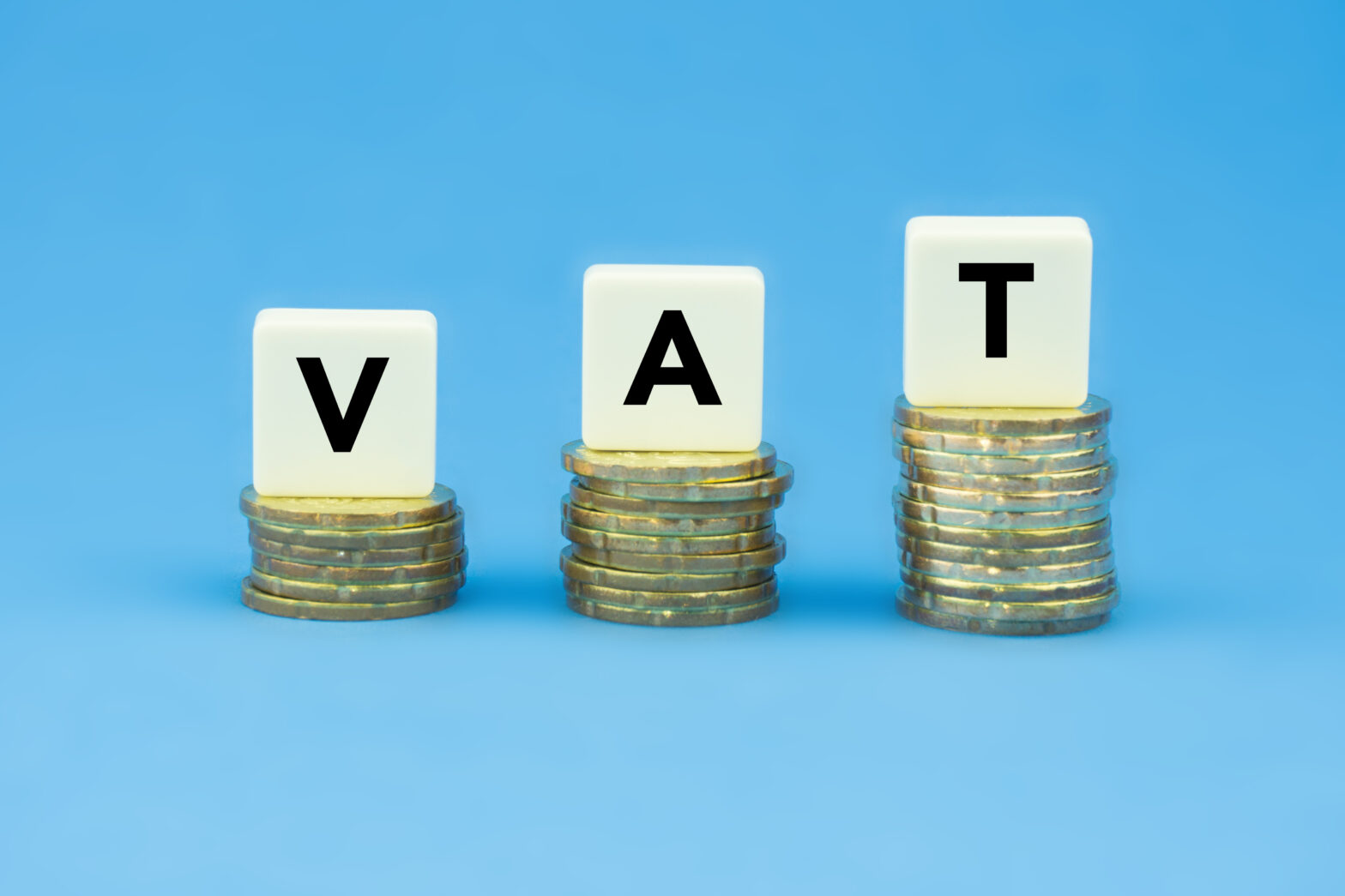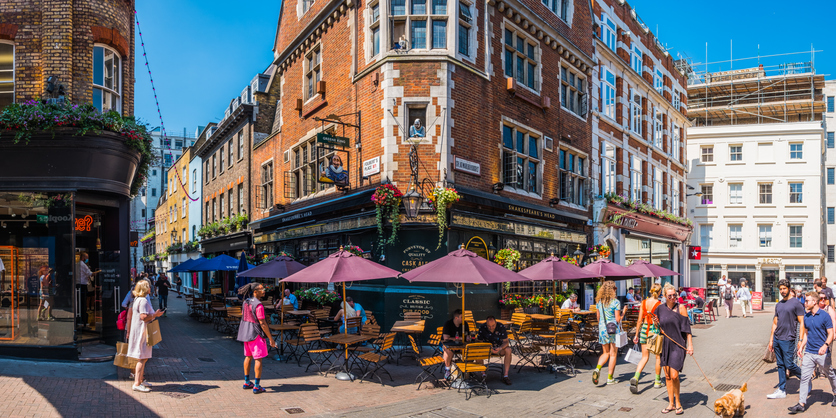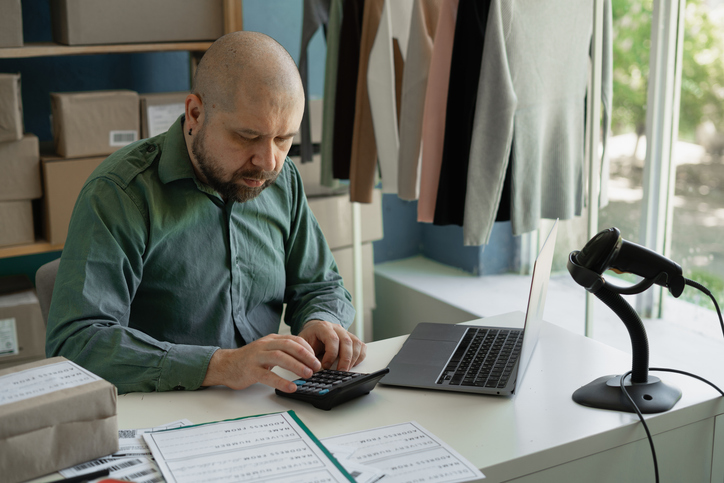Changes to the flat rate system of paying value added tax (VAT) that come into effect from 1 April are already confusing businesses of all types and sizes, Howards, the Stafford-based firm of chartered certified accountants, has warned.
When the new tax year begins, many small businesses that use the existing flat rate VAT scheme but spend very little on goods – including raw materials and services – will be considered limited cost traders. This means that companies that spend less than 2 per cent of their total turnover (or less than £1,000 a year) on goods will operate on a VAT rate of 16.5 per cent. This test should be done every time a business completes a VAT return.
The following items are always excluded from the calculations: vehicles, road fuel and motor parts, food, drink and capital items (unless the business is a transport business which owns or leases a vehicle in its business in which case motor expenses can be included).
The rule changes are expected to increase the VAT paid by labour-intensive businesses where very little is spent on goods. This could affect IT contractors, consultants, hairdressers and accountancy firms, for example, and will have an impact on construction workers who supply their labour but raw materials are provided by the main contractor.
Howards’ managing director Matt Bailey is concerned that these changes, which were announced in last year’s Autumn Statement by the Chancellor Philip Hammond, will put extra administrative burdens on already stretched businesses and this could have a negative effect.
‘As a professional accountancy firm we understand all the minutiae involved in these changes to the flat rate VAT scheme,’says Bailey.
‘But when you are running a small business with a handful of employees then this is just one more headache that you do not need.’






